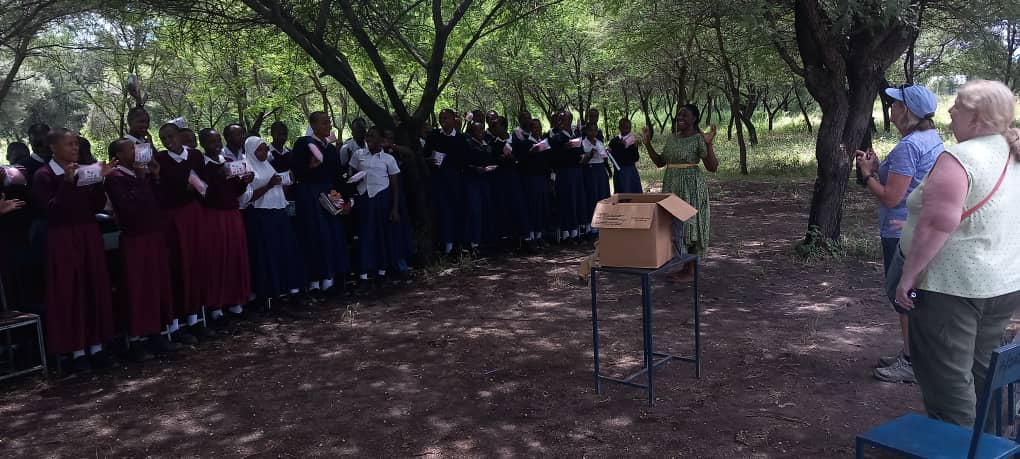Project Safehouse
We are dedicated to serving Maasai girls from 0-18 years who have experienced various forms of abuse, such as neglect, physical, emotional, or sexual abuse, victim of child trafficking and forcing early marriage. The primary goal of Project Safe House is to ensure the safety and well-being of these children while they receive the necessary support, care, and resources to recover from their traumatic experiences.
The Safe House is a dedicated facility designed to provide a secure and nurturing environment for abused children. It serves as a refuge for children who have experienced various forms of abuse, such as neglects, physical, emotional, or sexual abuse.
Safe Houses typically will offer a range of services to address the unique needs of each child. These services may include temporary shelter, counseling and therapy, educational support, medical assistance, and legal advocacy. The safe house aims to create a supportive environment where children can heal, build resilience, and regain their sense of self-worth.
In addition to providing immediate protection and care, Safe Houses will work in collaboration with local agencies, such as child protective services, law enforcement, and medical professionals, to ensure a coordinated response to child abuse cases. They will also engage community volunteers, support groups, and advocacy organizations to enhance the resources available to the children and promote a holistic approach to their recovery
Reusable Sanity Pads (WASH)

While most Tanzanians face water, sanitation, and hygiene (WASH) issues, there are specific struggles for women surrounding feminine hygiene. Especially in rural communities, menstruation is often surrounded by silence, leading to a lack of education and resources. Millions of girls know very little about their bodies and what happens when they menstruate. There is also a severe lack of access to proper sanitary materials, and available resources are often costly. The lack of resources often forces girls to use many unsanitary options such as leaves, pieces of a mattress filling, or used cloth. According to a 2015 study by TAWASANET Menstruation Health Management, the majority of girl students – or about 62% – miss school due physical illness that results from menstruation. In most cases, these young women miss between 1-3 days of class.
When girls miss this much class every month, it compounds and it is often very hard for them to catch up on their studies. Instead of trying to catch up, these girls often drop out instead, focusing on family duties. This prevents them from completing their secondary education, keeping them in the cycle of being homemakers, wives and mothers.
By supplying reusable pads, we are minimizing the chances of these girls missing school due to their periods and maximizing their chances of finishing secondary school and moving into either college or a career of their choice.
Malaria Prevention
As a result of the United States ending federal funding for Malaria treatment in Tanzania, we have decided to donate a portion of our funds to local public health clinics in Arusha. It is crucial that Tanzania continues to receive medication to combat malaria, as it can be fatal if not treated early enough, and Tanzania alone accounts for about 4% of malaria deaths globally. We hope to mitigate, even in a fractional portion, the amount of money that has been pulled away from these programs.
Books On A Bus
One of the largest challenges throughout Tanzania is literacy. In hopes that all children will learn to read, we hope to run a mobile library with books in the languages of Kiswahili and English. Hisani Foundation Staff will bring books to schools around the region and students will be able to check out one book once a week. The next week, when they are finished, they will be able to return that book to the mobile library and check out a new book. Hisani Foundation is always looking for book donations and would be grateful for any contribution.
Volunteer Opportunities & Internships
Hisani Foundation is always looking for volunteers. Our current projects will depend on a wide variety of skill sets and abilities.